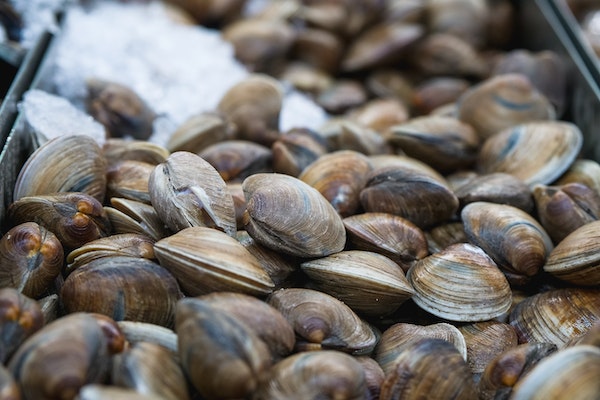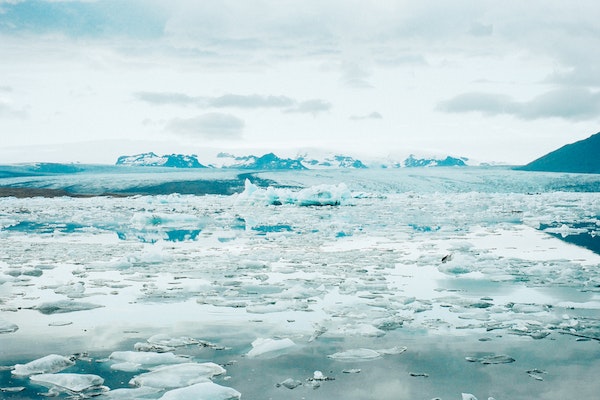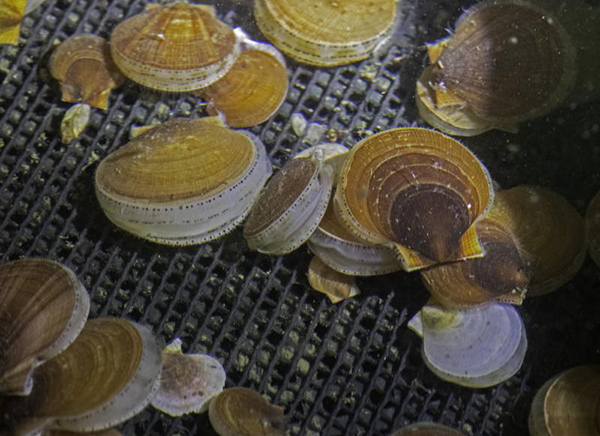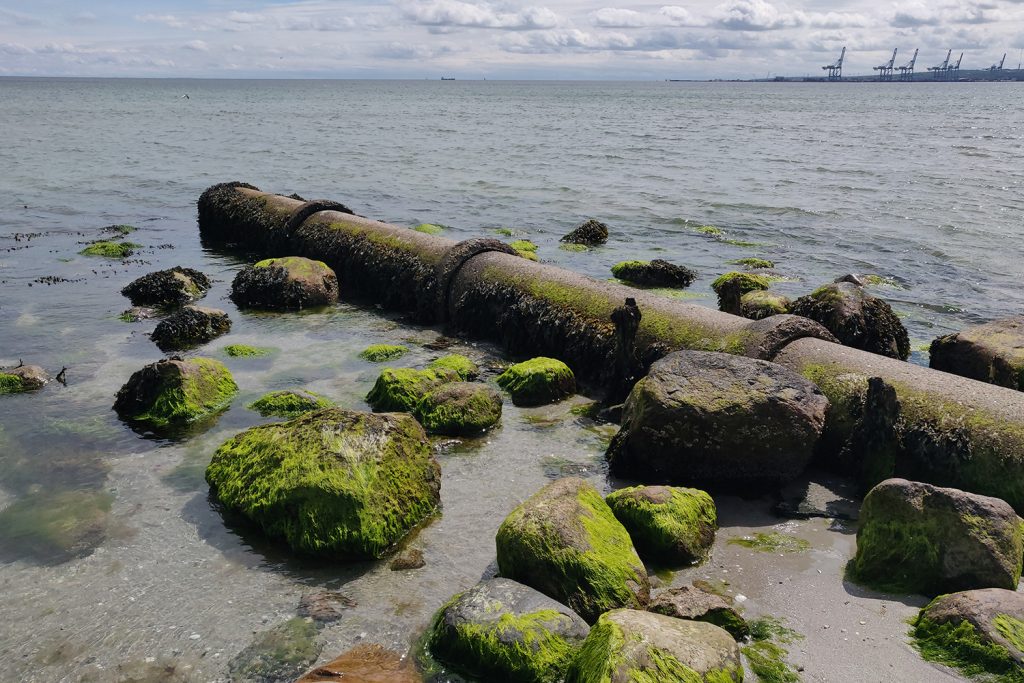A 24-year study affirms confidence in ocean acidification research

A new study of almost a quarter-century of ocean acidification research shows that, despite challenges, experts in the field can have confidence in their research. This field is “transformational” and one of the most studied single topics in marine science in recent times.
“In our field, the marine science community was galvanized by the demonstration of how ocean acidification impairs shell-building life, which has profound implications for life on the planet,”
Sean Connell, study lead and professor at the University of Adelaide. “It is an inescapable fact that ocean acidification does impose harmful effects on shell-building life.”
Like all scientific research, findings were subjected to intense scrutiny including how to reproduce early results. Early in the history of ocean acidification research, controversy erupted over a set of failures to reproduce its effects on key behaviors of tropical fish.
“We believe that sufficient time has passed to allow the field to look objectively into its knowledge base and rebuild confidence for the future,” said Connell. “We did so by assessing one of the largest databases in ocean acidification research – the calcification of shell-building life.”
The team assembled an exhaustive meta-analysis of 373 calcification studies over the last 24 years.
“Pioneering studies were often marked by large negative effects, but the size of these effects declined over the years,” said Connell. “Notable exceptions seemed to highlight potential insights into less studied processes, such as compensatory dynamics.”
Ocean acidification isn’t just a carbon story – it’s also about nitrogen
The study, which is published Nature Climate Change, highlights the decline effect – a common phenomenon in many disciplines. Results from the pioneers appeared impressive, but subsequent attempts by other researchers to replicate the same findings become less impressive as they assessed how the results reproduce in their own work.
“The key point is that the negative effects of ocean acidification remain and are frequently observed to this day,” said Connell. “In the case of ocean acidification on calcification, the discoveries of the past 24 years have been reproducible. The failure to reproduce large effects in pioneering studies may not represent a crisis, but most often a normal part of theory development.”
Like most human endeavors, science is subject to imperfections inherent in human nature. Humans tend to seek information that confirms their existing beliefs or knowledge, but where the scientific community fails to reproduce the same results – the theory fails and science moves on.
“Our study shows that researchers of ocean acidification can have confidence in their research community; researchers have been contributing robust data,” said Connell. “The growing pains of maturation of ocean acidification research is not so distinctive from other disciplines, their toil, setbacks and legacies.”
Now that you've reached the end of the article ...
… please consider supporting GSA’s mission to advance responsible seafood practices through education, advocacy and third-party assurances. The Advocate aims to document the evolution of responsible seafood practices and share the expansive knowledge of our vast network of contributors.
By becoming a Global Seafood Alliance member, you’re ensuring that all of the pre-competitive work we do through member benefits, resources and events can continue. Individual membership costs just $50 a year.
Not a GSA member? Join us.
Author
Tagged With
Related Posts

Intelligence
Climate researchers color-code stages of ocean acidification to illustrate changes
To illustrate how ocean acidification has changed ocean pH, climate researchers developed an online tool and color-coded stripe system.

Responsibility
Fast-melting Arctic ice may contribute to an ‘extraordinary increase’ in ocean acidification
A study has found an “extraordinary increase” in ocean acidification and a strong correlation with the increasing rate of Arctic ice melting.

Responsibility
Study: Ocean acidification and ocean warming hinder juvenile Atlantic sea scallop growth
Researchers find that ocean acidification conditions projected between now and 2100 would hinder the growth of juvenile Atlantic sea scallops.

Responsibility
Ocean acidification isn’t just a carbon story – it’s also about nitrogen
Dr. Barry Costa-Pierce on the connection between nitrogen, carbon dioxide and ocean acidification, and the importance of restorative aquaculture.



